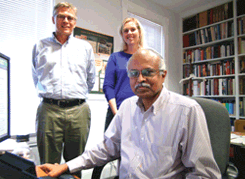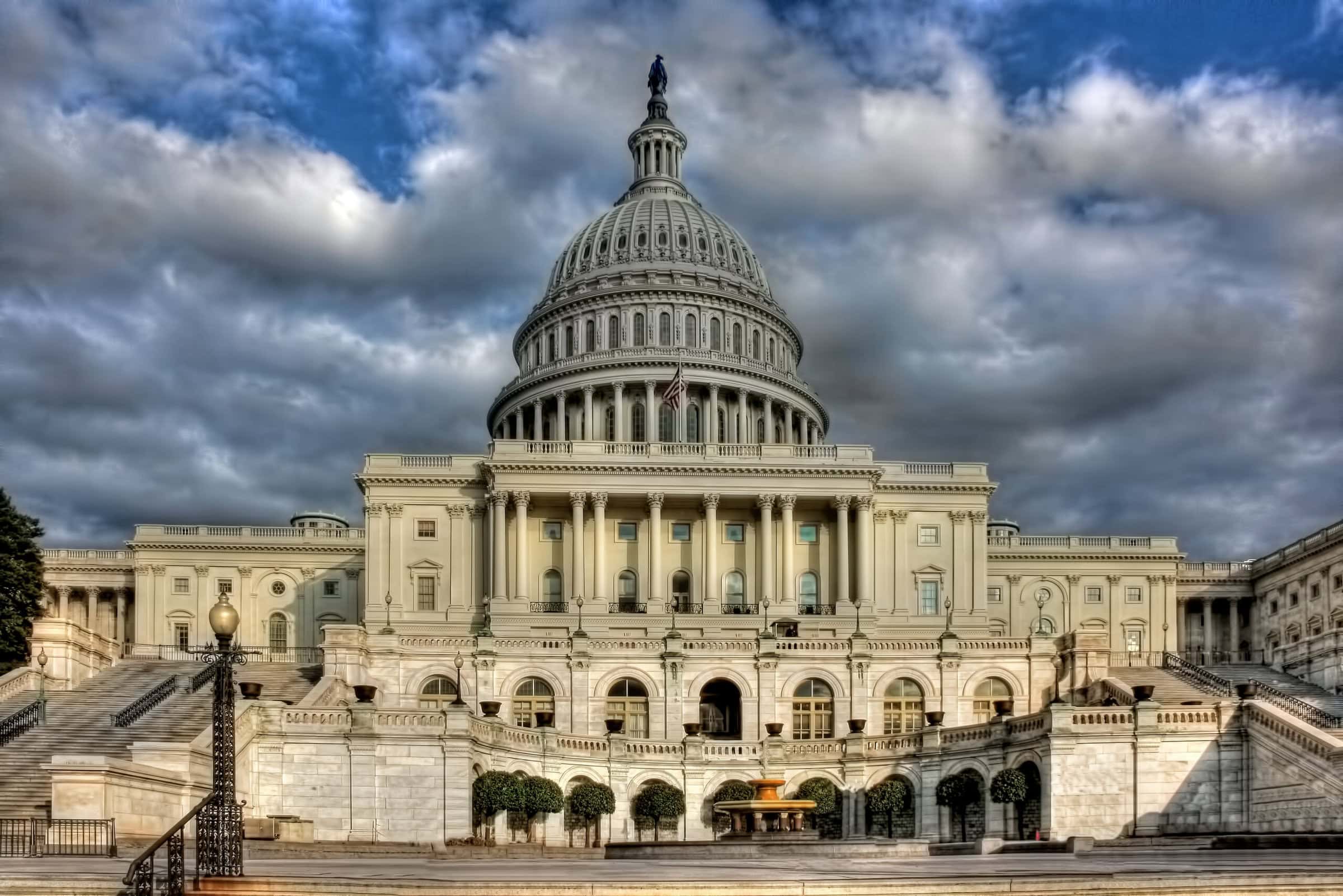The fourth seminar on decolonization, in the series that has now firmly established itself in the intellectual orbits of Washington, D.C., as well as of other metropoles, was held in the U.S. capital from July 5 through August 1, 2009. Fifteen scholars—most with recent PhDs and some on the verge of completing their dissertations—were selected to take part in the annual summer seminar organized by the National History Center in collaboration with the AHA and the Library of Congress, and with the generous financial support of the Andrew W. Mellon Foundation. Focusing on explorations of the complex processes involved in the dismantling of European empires, the seminar series draws upon and mirrors the growing interest worldwide in decolonization as one of the crucial elements in the making of the modern world. The increasing popularity of the seminar series, which had been launched in the summer of 2006, is reflected in the high quality of the more than 80 applications received for the 15 places that were available, and also in the continuing work of the scholarly networks that participants of previous seminars have been creating and sustaining through intellectual engagement at meetings and conferences.
As in the previous three seminars, the 2009 seminar also drew, apart from participants located at U.S. academic institutions, scholars from other areas far and near, such as England, Portugal, India, Singapore, and Australia, who brought with them new ways of looking at old historical problems, or sought out old sources in the serried ranks of old books and records at the Library of Congress or the National Archives to investigate entirely new problems. During the four weeks of the seminar, the Woodrow Wilson Room in the Jefferson Building of the Library of Congress resounded not only to the sound of multiple accents, but also to the muted clash of contending ideas, ranging from discussions of decolonizing the mind and existential angst in the Middle East to debates about proconsular power and the politics of princely states.
The seminar was led by Wm. Roger Louis, noted historian of the British Empire, who holds the Kerr Chair of English History and Culture and is Distinguished Teaching Professor at the University of Texas at Austin; Dane Kennedy (George Washington University);Philippa Levine (Univ. of Southern California/ Univ. of Texas at Austin);Jason Parker (Texas A&M Univ.); Pillarisetti Sudhir (AHA); and Marilyn Young (NYU). While they guided and sometimes initiated the discussion, the seminar sessions were always enlivened by the keen, enthusiastic, and knowledgeable engagement of the 15 participants. The discussion sessions, beneficial as they were, were scheduled in a way that allowed the participants to continue their research work which they were able to distill into papers they presented at the end of the seminar (a list of the participants along with the titles of their papers is appended to this article; abstracts of the papers can be found on the National History Center’s web site).
The discussions in the seminar were richly complemented by two public lectures given by two of the seminar faculty. In one, entitled “Limited War, Unlimited,” Marilyn B. Young put forward the argument that states engaged in waging the cold war inculcated a public tolerance for wars in general, to make them “normal.” In the second lecture, entitled “Still Invisible? Women, Gender, and Decolonization,” Philippa Levine examined the absence of women in the historiography of empires and their retreat. Both the lectures were cosponsored by the John W. Kluge Center of the Library of Congress, and were webcast. The webcasts can be found at www.loc.gov/today/cyberlc.
The Participants
Yoav Di-Capua, “The Arab Experience of Existentialism”; James Esdaile, “The Anglo American role in the 1959–60 Aden Labor Strikes: The Rise and the Beginning of the Demise of the Aden Colony in the Postwar era”;Ellen Feingold, “Foreign Judges on a Tanzanian Bench: The Decolonisation of Tanzania’s High Court, 1961–1971”;Lien-Hang T. Nguyen, “Decolonization Derailed: Vietnamese Communist Diplomacy during the Second Indochina War”; Ryan Irwin, “Moral Majorities: G. Mennen Williams and America’s Response to Apartheid, 1961–1963”; Miguel Bandeira Jeronimo, “A Question of Priorities: The United States of America and the Portuguese Colonial Empire (1945–1961)”; S. R. Joey Long, “Imperiling Decolonization? SEATO, Anglo-American Relations, and Singapore”;Julie MacArthur, “Mapping Independent Nations: Secession and Sovereignty in the Decolonization of East Africa”;Paul Ocobock, “Serving Mzee: Mobilizing Youth and Enduring Colonial Legacies in Kenyatta’s Kenya, 1963–74”;Katayoon Shafiee, “Politics of Organizational Work: Assembling an Iranian Oil Consortium, 1951–54”; Taylor Sherman, “Hunger, Development and Postcolonial Nationalism: India’s Food Crisis 1947–1952”;Ben Silverstein, “Indirect Rule and Informal Empire: Decolonizing Settler Colonialism?”; Rajagopal Vakulabharanam, “Communism in the Age of Decolonization: Andhra, 1947–1955”;Natalya Vince, “Constructing Post-Colonial Womanhood in Algeria and Tunisia: Official Discourse, Media Debate and ‘First Ladies’”; Felicia Yap, “‘A New Angle of Vision’: British Imperial Revival during the Second World War.”
Seminar Series to Continue
In recognition of the popularity, effectiveness, and the growing intellectual value of the seminar series, the Andrew W. Mellon Foundation has agreed to financially support the continuation of the series for a further period of five years, from summer 2011 through summer 2015.
Applications have been received for the summer 2010 seminar, which is funded by an earlier grant and the selection committee will be meeting soon to select the 15 participants, but the new grant means that many more seminar places will become available to the increasing numbers of scholars around the world exploring various dimensions of the end of empires in the 20th century.


